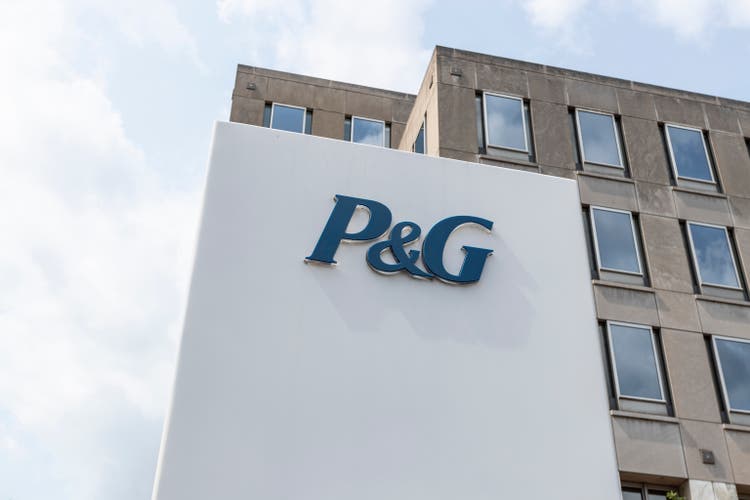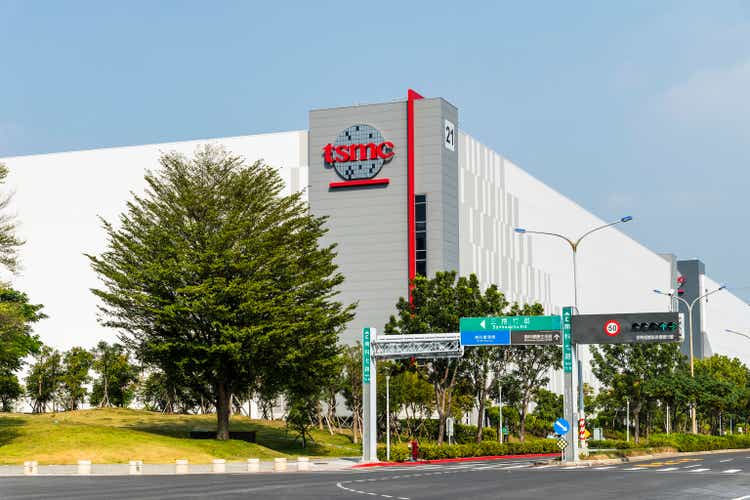UK car industry warns of higher prices amid rising energy costs

Rising energy costs will increase the pressure on UK car manufacturers to lift prices this year, the industry’s motor lobby group warned, after annual production from British plants fell to its lowest level since 1956.
Semiconductor shortages pushed car production at UK sites down to 859,575 last year, down 6.7 per cent on 2020 and a third lower than 2019 before the pandemic hit, figures from the Society of Motor Manufacturers and Traders released on Thursday showed.
The SMMT expects production to rise above 1m this year as chip shortages ease following a “deeply depressing year”. However, it warned that plant operators faced surging costs from climbing energy bills and meeting Brexit regulations.
“There were price increases last year, if higher input costs continue that will flow through into pricing,” said Mike Hawes, SMMT chief executive. “The margins on volume car producers are wafer thin.”
While the amount varies from plant to plant, energy costs are typically the third largest outgoing for car manufacturers after material bills and staff wages.
Plant operators faced an energy bill increase of up to 70 per cent in the coming months, Hawes warned. While carmakers would try to absorb some of that, it would be difficult to offset all of the higher bills, he said, adding that manufacturers were also paying higher administration costs to meet new post-Brexit trading rules.
While ministers sought to shield some industries from rising power bills, carmaking is not classed as an “energy-intensive” sector.
After the chips shortage that has hampered the global industry, Hawes said energy costs were the single greatest challenge for UK plants. “If semiconductors can be resolved, energy is the most immediate and pressing issue,” he added.
After years of strong growth, Britain’s car plants have suffered from dwindling output and some sites closing, such as Honda’s Swindon car facility.
This had left the country’s industry facing permanently lower production levels, struggling to get back to historic levels of 1.5m cars a year without new plants opening, Hawes said.
However, there were bright spots last year, with the value of announced new investments rising to £4.9bn, the highest level in eight years.
Spending on new plants and car models fell to just £600m in 2018 as a result of uncertainty over Brexit, but has climbed steadily, with carmakers including Nissan and Ford pledging significant new investments last year.
Van production, which largely hinges on the Vauxhall plant in Luton, rose 21 per cent last year and is only 3 per cent below pre-pandemic levels owing to demand for online deliveries and among businesses.
Four out of five cars made in the UK are sold internationally, with about 55 per cent of exports going to the EU. The US was the second-largest export market followed by China.
World News || Latest News || U.S. News
Source link



